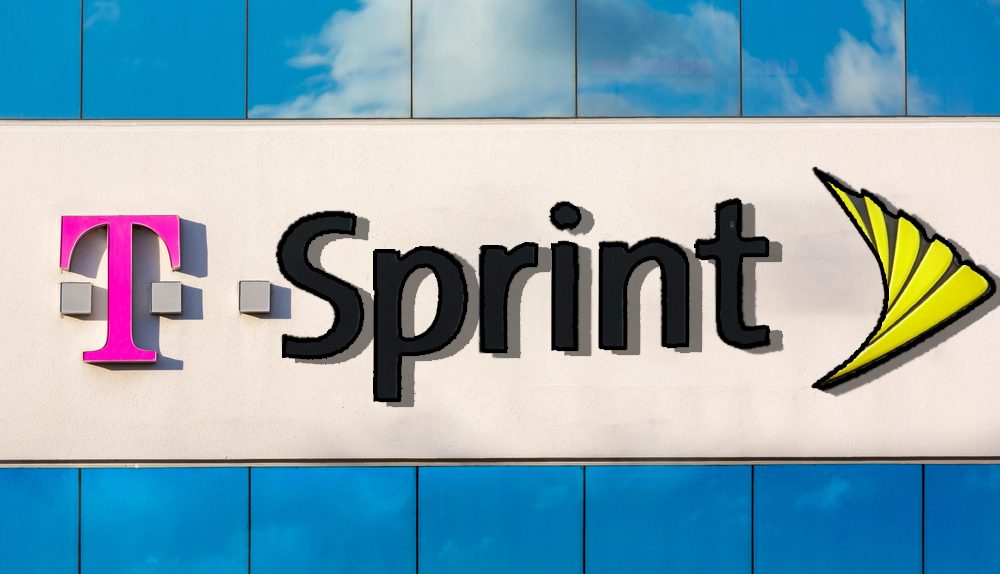Late last week, news broke that the Department of Justice is investigating possible collusion between Verizon, AT&T, and industry body the GSMA to keep eSIMs out of smartphones. Since the news first broke, we’ve learned that the DoJ has sought information from Sprint and T-Mobile as well as the two big carriers, and that Apple (among other companies) complained to the Department of Justice about collusion between carriers.
While any investigation of collusion between wireless carriers will undoubtedly be a good thing for consumers, a JP Morgan analyst is suggesting that the mere presence of an investigation could have an unexpected side effect.
“While the DoJ and IRS have brought other probes against fixed and wireless providers in the past, we have never seen a substantial impact from those and would be surprised to see a painful outcome for carriers in this one,” JP Morgan’s Philip Cusick said in a note. “A DOJ view that carriers are colluding could mean that a potential Sprint and T-Mobile merger would face higher scrutiny, making us somewhat less optimistic about that deal.”
Verizon described the matter as a “difference of opinion” in a statement to Bloomberg, while AT&T said that “along with other GSMA members, we have provided information to the government in response to their requests and will continue to work proactively within GSMA, including with those who might disagree with the proposed standards, to move this issue forward.”
ESIM technology, which is already available in Apple’s iPads and some wearables, makes it possible to switch between carriers without having to change out a physical SIM. That would remove one of the biggest barriers to jumping between service providers, which in turn would encourage customers to switch networks depending on who has the best deals or features.









